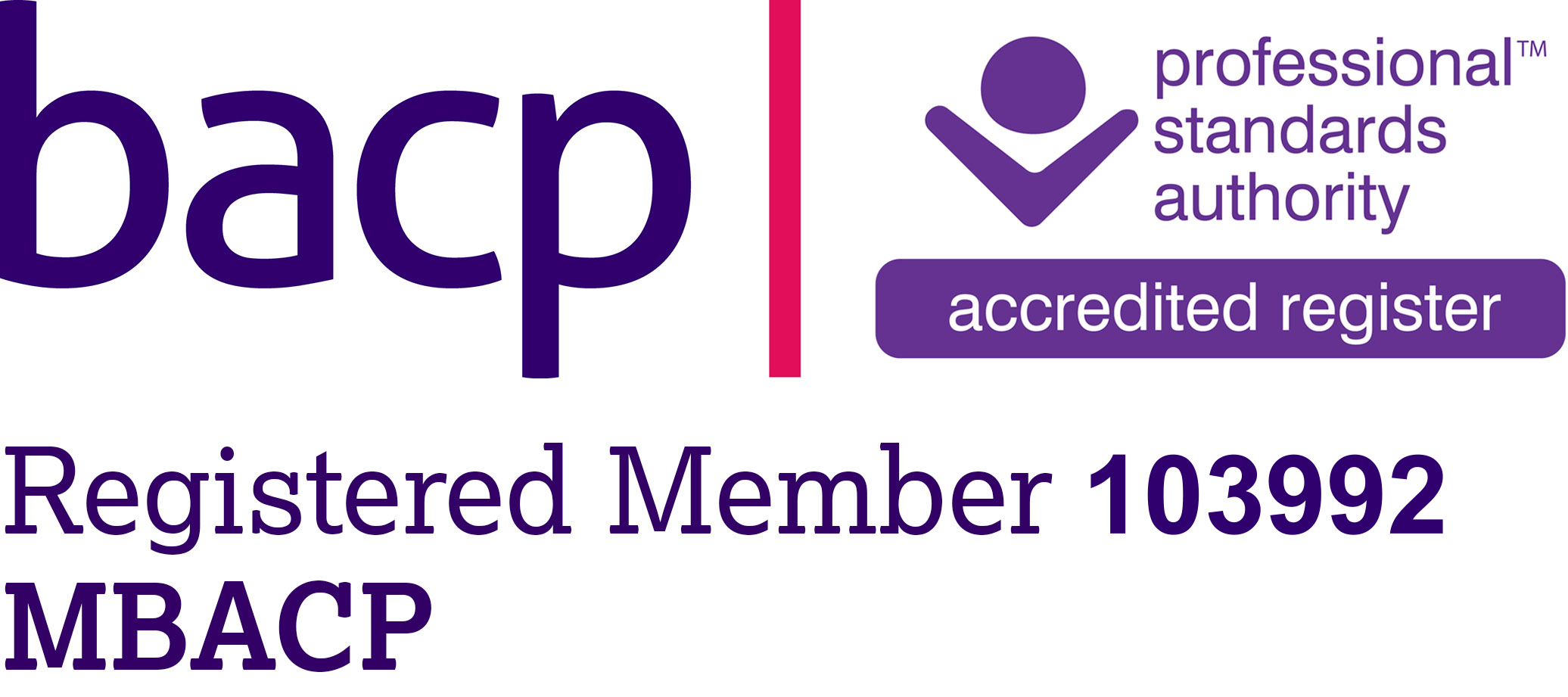Myths About Self Harm
by Samantha De Bono
If you are self harming or you know somone who is, it's important to know what is really going on. It's so difficult for someone to understand why a person would inflict pain upon themselves and often we dismiss them as attention seeking.
The correct term for this behaviour is actually 'Self Injury' – cutting, burning, pinching, scratching or breaking the skin in any way purposely causing tissue damage that lasts longer than an hour or so. Hitting, slapping, punching or biting yourself or pulling your own hair are also common symptoms of self injury.
Self Harm is more long term damage such as over drinking, taking drugs, starvation dieting, or anything where you take unnecessary risks with your health/ life.
In the first paragraph I mentioned 'attention seeking', this is the first of the Myths about Self Injury. For many people, self injury is a private thing done for personal reasons. For some, self injury may be a way of communicating distress and asking for help, but rarely is it just a case of hoping people will notice and give them sympathy.
Manipulation is a word often used by others to describe a person who self injures, but people who self injure have their own reasons for doing it. In many cases it's linked with feeling a loss of control or choices, a way of dealing with difficult situations, memories or feelings.
Attempted suicide – this is another myth. It's not uncommon to see cuts on a persons wrists and immediately assume they have tried to commit suicide but failed. There may be similar feelings involved in both suicide and self injury, but usually self injury is more about bringing the person back to the here and now and not about death. It's true, there have been deaths attributed to self injury where cuts have been too deep to repair or infections have set in or any other complication has caused death and this is not to say that if you know someone who self injures you don't need to concern yourself with it because as they aren't contemplating suicide it's okay to just let them be. They may not need an ambulance, but they still need you. Self injury is described by those who do it, as a feeling of relief or release from the pain they feel emotionally, some say they feel more in control, while others might feel the pain as a way of punishing themselves. The reason they continue is because that relief or release, control or calm, is momentary and after a little while the psychological and emotional pain comes back and the cycle continues.
While many people who have been sexually abused do self injure or self harm, there is not an inevitable link between the two. Self-harm and self injury can be linked to a variety of experiences such as neglect, loss or abuse of different kinds.
The reason I wanted to write this Blog today is because I was listening to a group of young people on the train, talking about somebody they knew who was "self harming". It pained me to hear the disparaging way inwhich they spoke about this absent person, whom some believed should be "institutionalised". Institutions are often places where control is removed from people and it is known that a very high rate of self harm goes on in institutions.
Asking, expecting or demanding that a person stops self injuring or self harming, is taking control away from them. We cannot make someone do something or stop doing something unless we take extreme measures like locking them in a room so that they can't physically hurt themselves and if you do that, well then, you've got some serious issues yourself that need addressing!
All that demanding someone stop self-harming or self injuring does, is break the lines of communication, it doesn't allow the person to tell you how they are feeling and often sends them deeper inside themselves where they feel trapped and isolated. Until that person has an understanding of why they are self injuring and has developed other ways of coping with their feelings, stopping could cause more harm than good.
So, if you know someone who is self harming or self injuring, how do you help? By asking, listening, hearing, understanding, empathising and not judging. What do you do if you are the person who is self injuring or self harming? If you haven't got anyone you trust or whom you know is non-judgemental, then counselling is a safe, non-judgemental space where you can talk, be believed and understood.
At the bottom here I am going to put a link to the Counselling Directory where you can look for counsellors in your area and where you can research them at your leisure. Always talk to someone before committing to sessions which will help you decide whether you would feel comfortable opening up to them.
www.counselling-directory.org.uk


